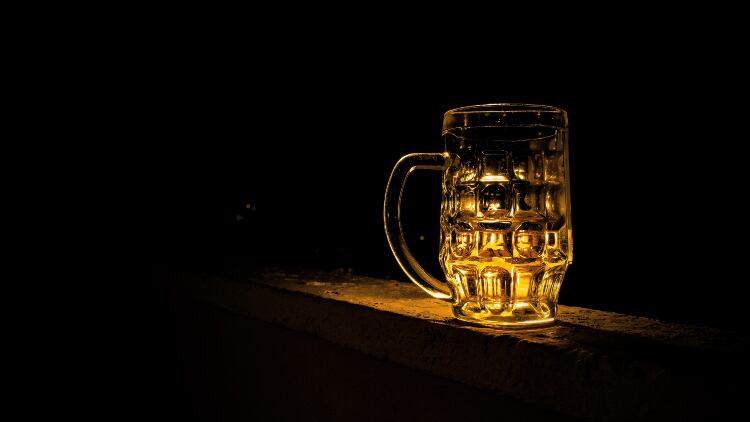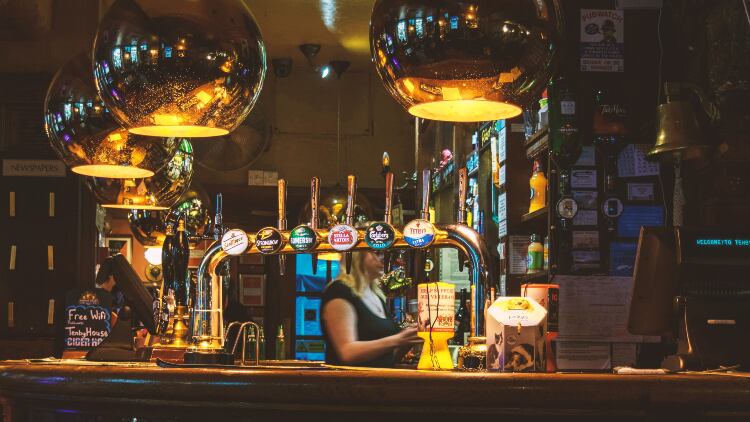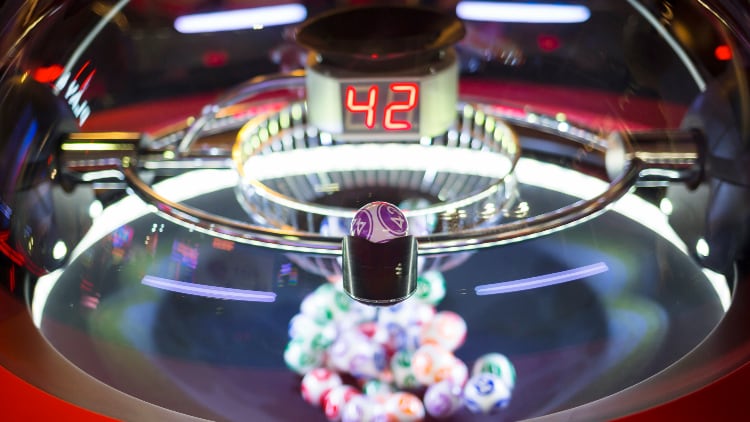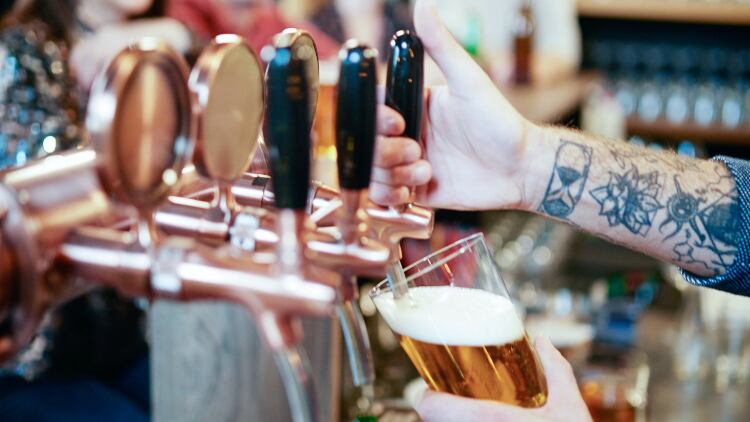In the past couple of years, we have seen a greater emphasis from authorities (particularly the police and licensing authorities) and operators on what generally could be called “welfare and vulnerability”.
When we talk about vulnerable people in alcohol licensing terms, we are not simply talking about children or the mentally ill. The concept extends beyond these to, for example, intoxicated females who may be subject to predatory males, or young men who become victims of violence, theft or accidents.
Most customers come to celebrate and enjoy themselves – some, sadly, come to drown their sorrows. These too can become vulnerable people. Age, being alone, the presence of drugs or alcohol, state of mind, or the presence of an offender can all make someone vulnerable.
The licensed trade has always played a significant part in looking out for the vulnerable – the whole concept of a ‘public house’ is that you have invited members of the public to be part of your family for the time they are there. Welfare and vulnerability training, vulnerability policies, safe spaces and brilliant campaigns like Ask for Angela abound.
Sadly, it is the lot of a licensing lawyer to become involved not when such policies and procedures work but when things go wrong. We have been involved in tragic cases involving the murder and sexual assault of vulnerable people, where an incident occurred at, or more often shortly after the victim leaves, a licensed premises.
In none of those cases was the licensee or their staff the cause of the crime but with stricter policies on admission, alcohol sales, ejection or general vulnerability and awareness training the tragic outcome may have been avoided. It only takes one intervention to break the chain of causation, and I am pleased to have seen examples of bravery and initiative by pub staff that have prevented major crimes or reduced their severity.
Pubs are not to blame – crime is crime, thugs are thugs and sex pests are sex pests. As we move into a new decade perhaps we can redouble our efforts to look out for those most vulnerable, remembering that just like disability, some forms of vulnerability are not immediately obvious.
For any legal enquiries please visit Poppleston Allen's website.




